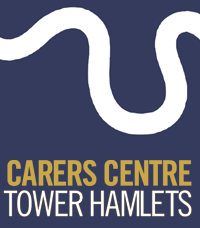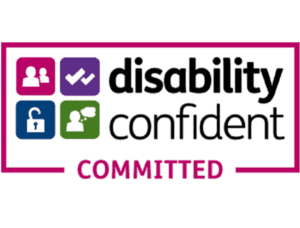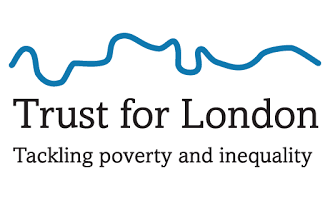Hello Everyone
On Friday I spoke about advocating for my parents and this weekend that went into overload. I picked up my Dad on Saturday morning, helped him get ready and made sure the cat had plenty of water, food and a few treats as I am a big softy and cannot let anything or anyone not have what they need. We arrived at the nursing home and after the slow walk to the front door, due to Dad’s age, frailty and sore legs due to his Edema (which is getter better but not fully – YET), rang the door bell and then proceeded to wait 15 minutes until someone answered the door. My poor Dad with his mobility problems, rested on his walking stick and my arm and eventually we got let in. As we walked towards my Mum’s room and after my Dad said he had Hyperthermia due to waiting so long, which did make me chuckle, we heard banging from a closed and locked toilet.
I blew my top basically and with a stern voice found the staff and explained that someone was trapped in a toilet and that this was a possible safeguarding incident waiting to happen. My mum then had to wait 45 minutes to receive personal care and this made me sit in her room, use my phone and make an official complaint. I will tell you what I made in my complaint, I highlighted the incidences but I also drew to their attention the main reasons for the slow responses to other residents. They were three staff to 33 residents, so completely understaffed. There was a resident with severe challenging and behavioural issues, I saw him squirt hand gel into the face of a worker and he had been terrorising fellow residents including my Mum who she now calls him her arch nemesis, also sadly someone had passed away and they had to sensitively make sure the funeral directors where looked after.
This got me thinking that when you do make complaints it is always good to look at the whole situation/picture and make sure the complaint really highlights the actual issues as well as the results of the issue. The staff are fantastic at the home, really care and are just rushed off their feet, overworked and underpaid as they say..
Did you know? We have a timely presentation at next week’s Carers Forum….
Wednesday 16th March 11am to 1pm @ Carers Centre or Zoom – email tony@ccth.org.uk for a place
The Care Quality Commission (CQC) are highlighting the importance of providing feedback about your experiences of care in their ‘Because We All Care’ campaign. The campaign encourages people who use or support other people to use health and social care services to provide feedback about their experiences.
The CQC are the independent regulator of health and social care in England. They make sure that health and social care services like hospitals, care homes, GPs etc. provide people with safe, effective, compassionate, high-quality care and encourage services to improve.
The CQC would like to encourage people to give feedback about the care that they receive so that they can better understand people’s experiences and help make care better for everyone.
Whether those experiences are good or bad, it is valuable to the CQC.
CQC use the feedback to keep track of the quality of care services provide. It can help them decide if they need to look more closely at a service or take action.
Everyone has different needs and experiences of care. We must all have our say to make sure that health and social care works for everyone.
There are different ways for you to share your experiences:
Visit CQC’s website and complete the give feedback on care form
If you are unable to complete the online form you can call CQC on 03000 616161 (lines open Monday to Friday, 8.30am to 5.30pm excluding bank holidays)
If you are deaf or hard of hearing you can contact CQC in other ways including British Sign Language (BSL) and text relay. Please visit the CQC website to learn more.

Also talking of feedback, I have been advised by the Carer Wellbeing Champions to send out reminder emails to carer with each blog’s direct link. If you want this please email and I will add to the list.
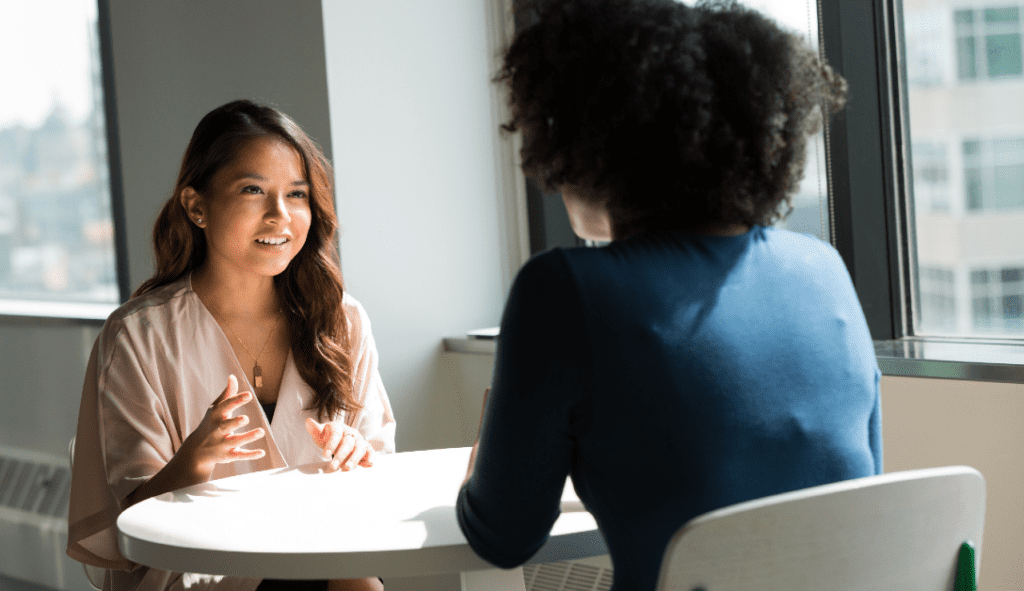
Celebrating and supporting women in leadership
As part of our International Women’s Day celebrations we’re proud to be co-hosting a special free event to help support and celebrate Black, Asian and Minority Ethnic women in leadership.
The event takes place next Thursday 10 March at the Atrium venue in Bethnal Green between 10.30am-1pm. It’s a chance to hear from and question a panel of experienced leaders with links to the borough, followed by lunch and networking. Places are limited and booking is essential.
Sign up now >
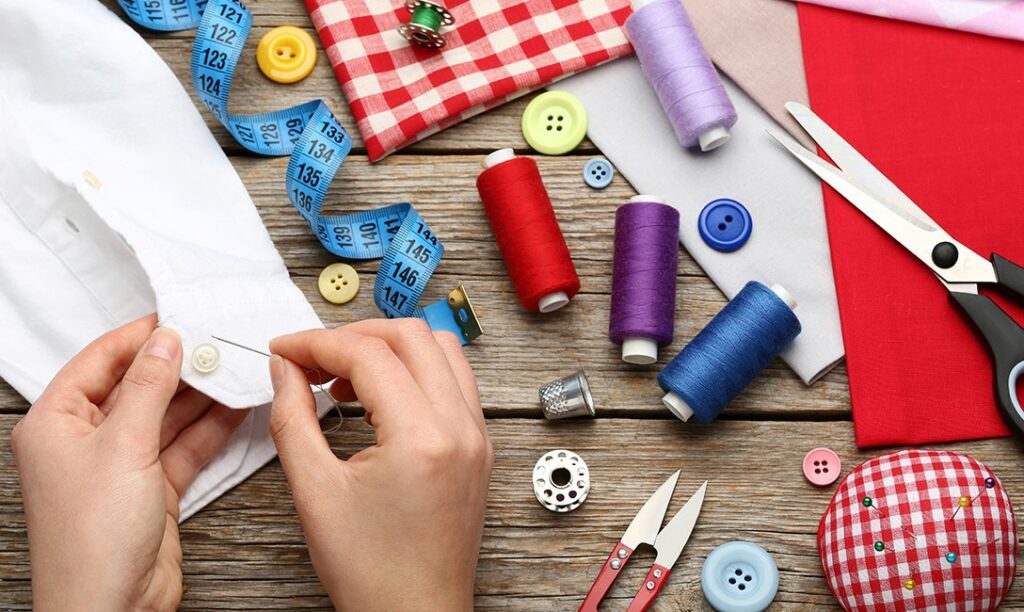
Join us for a free clothes mending workshop
We’re hosting a free clothes mending workshop at the Idea Store Bow with Sunny Jar Eco Hub on 17 March, from 11am-12:30pm.
This interactive workshop is designed to teach you simple hand stitches to repair and extend the life of your clothes. All levels of experience are welcome. Please bring clothes that need mending so we can advise on how best to fix them.
Register and get mending >
Life After Caring – 30th March 2022 @1.30pm to 3pm
So, It is difficult to think that someday your caring role could end with the passing of your loved one. The question is are you prepared, do you need direction, tips, and awareness on what to put in place before anything happens. Have you thought of what you want to do when your caring role comes to and end?
If this is something that has crossed your mind then I think that this workshop is for you, we will gently look at our personal wellbeing, practical areas to consider and look at your life beyond caring. Email tony@ccth.org.uk to reserve your place.
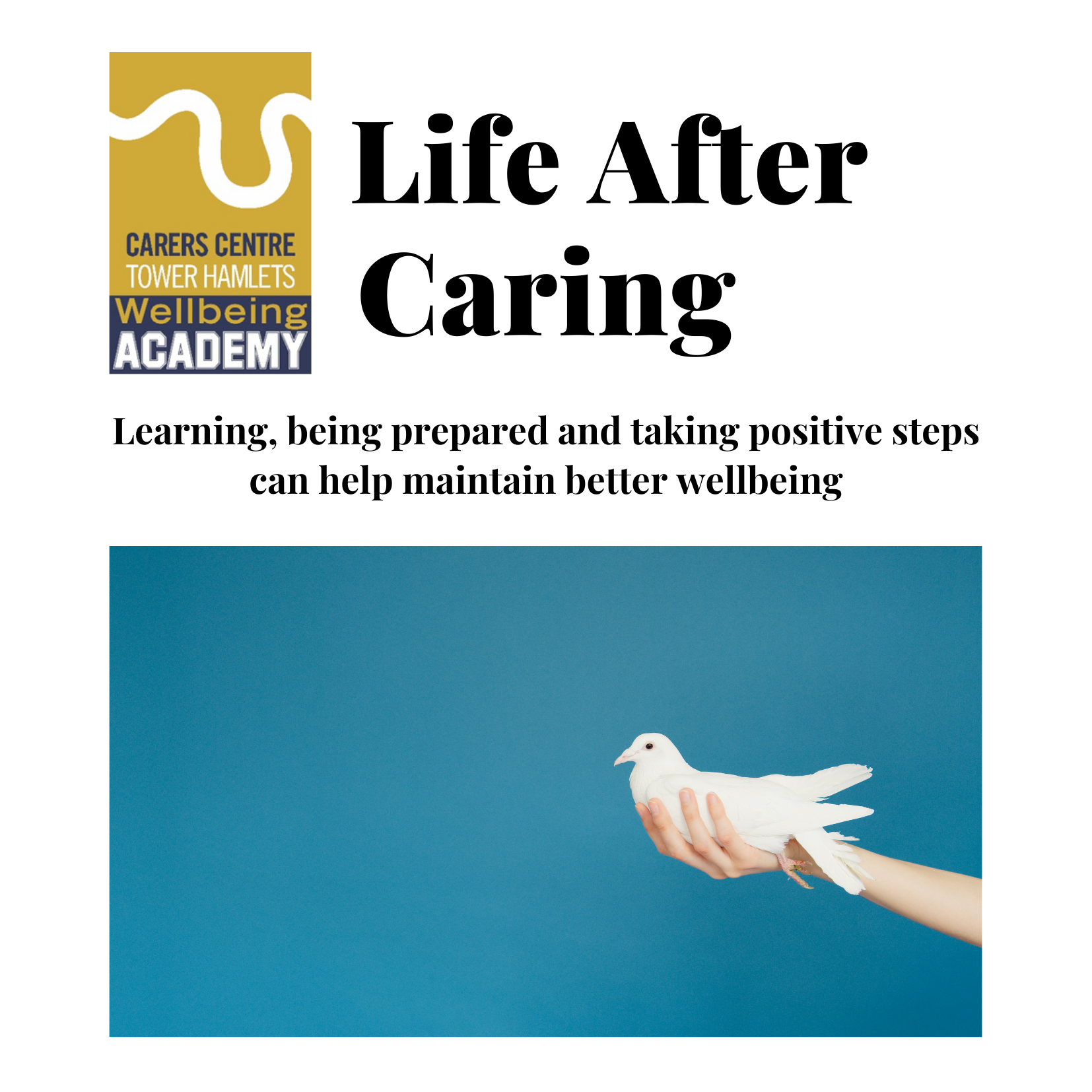
This Weeks Activities
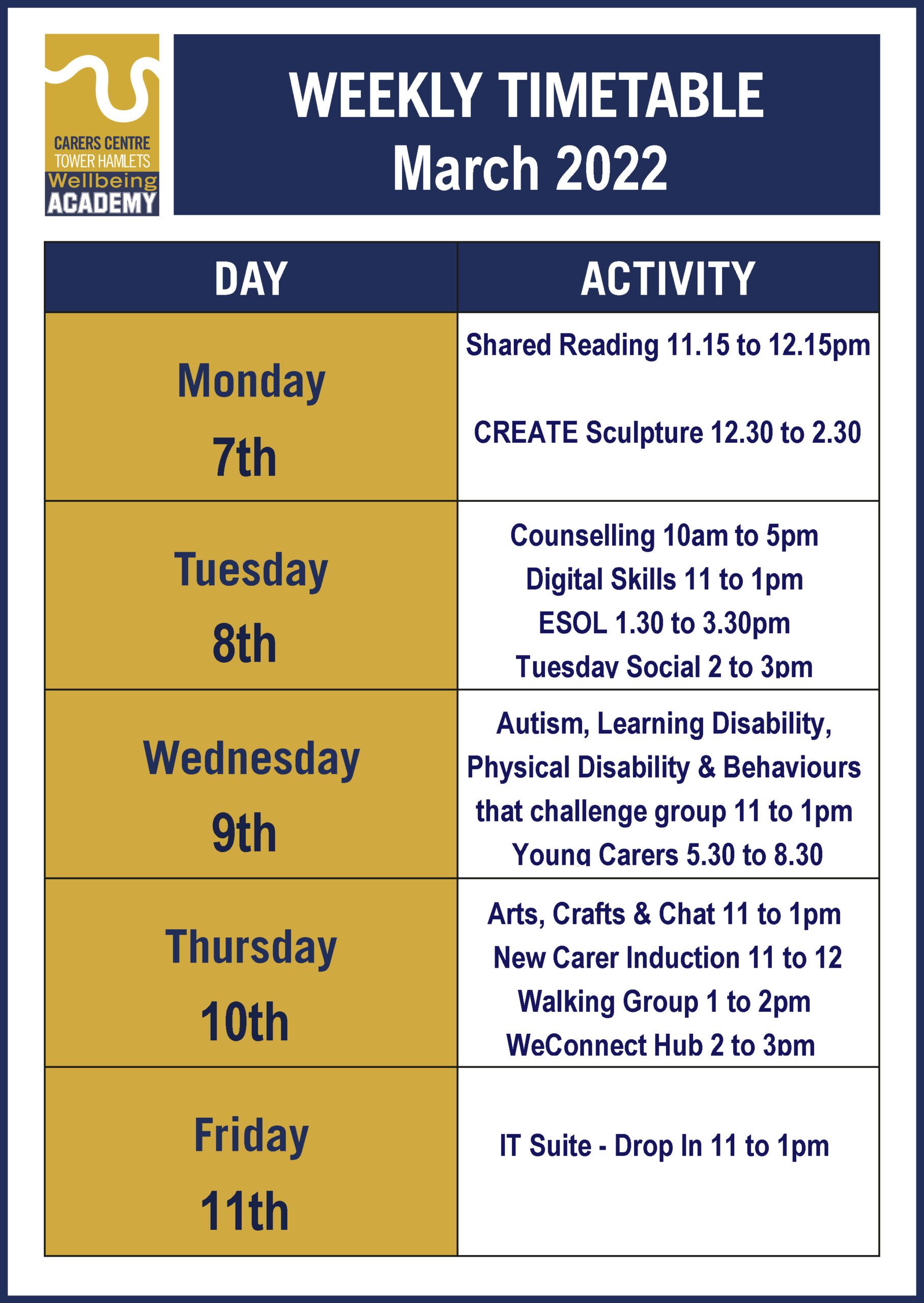

Creating Your Care Plan – New workshop Date : Tuesday 8th, March 2022
Taking Control of Your Life has rescheduled the “Creating Your Own Care Plan” workshop originally taking place on 25th of January
Sorry for the inconvenience caused by cancelling the previous session and hope to see you at this workshop.
Self-directed support is about giving people control of the support they receive and the life they lead. It provides a positive shift in power and decision making that enables people to have a voice, to be heard and be connected to each other and their communities.
This free workshop will feature:
This session will be delivered by a client who herself receives social care, and who has been writing her own care plan for the past six years. She finds there is a huge difference in quality when she writes the plan as opposed to when it is written by social services. Creating her Own Care Plan has been instrumental in her fight for receiving the right care she is entitled to.
At this workshop, she will be sharing her story and answering questions on how you can start writing your care plan. We will also be joined by Real Advocacy service who have over a decade of experience on supporting clients with securing care.
When and Where
Zoom Platform
Date: Tuesday, 8th March 2022
Time: 3.00pm – 4:30pm
Zoom Link: will be provided when you book your place
To Book Your Place or Find Out More
- Telephone 07458 304616 or 07305811946 or
- Email TCOYL@real.org.uk.
- Alternatively, you can book directly via our Eventbrite here.
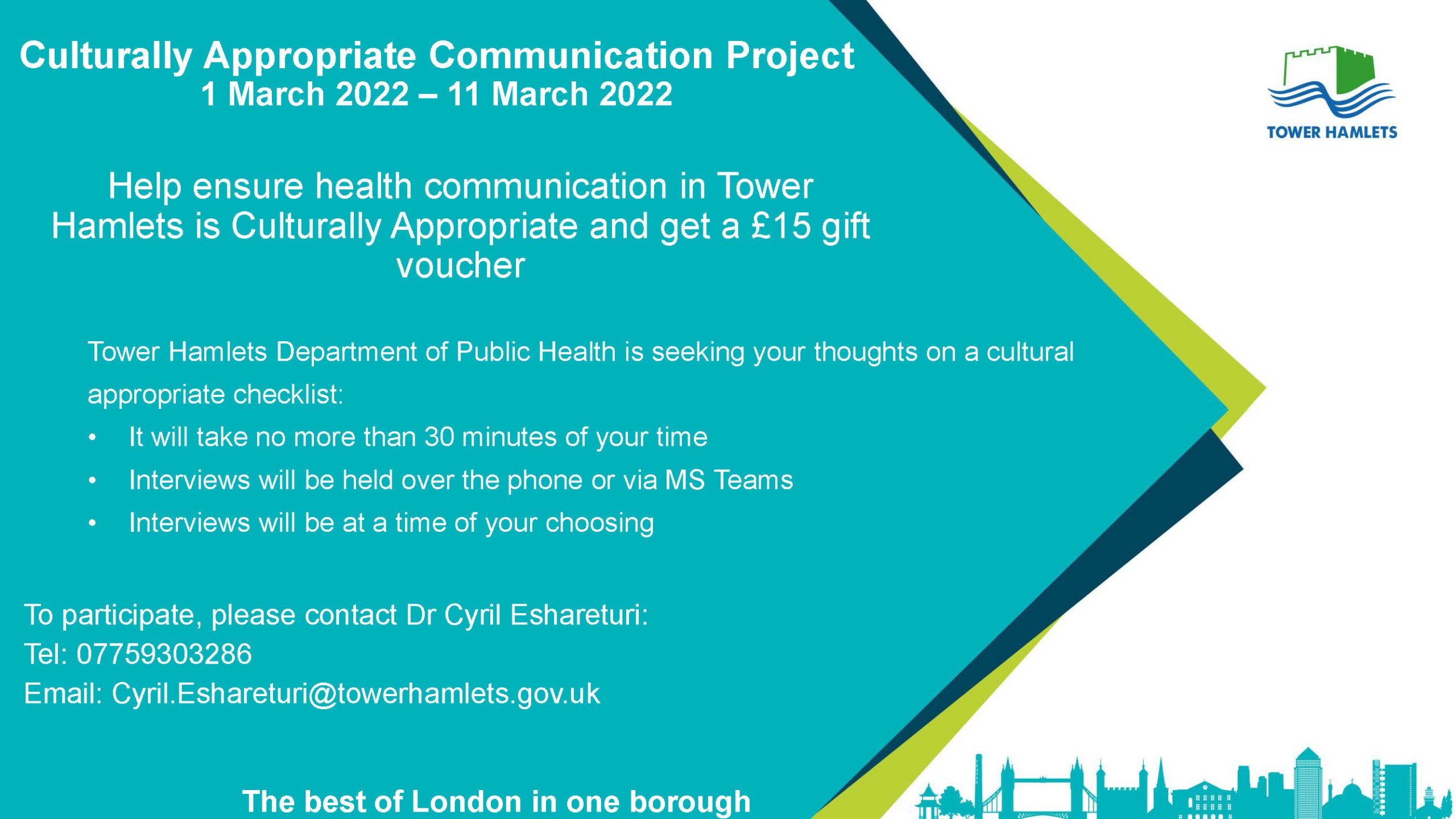
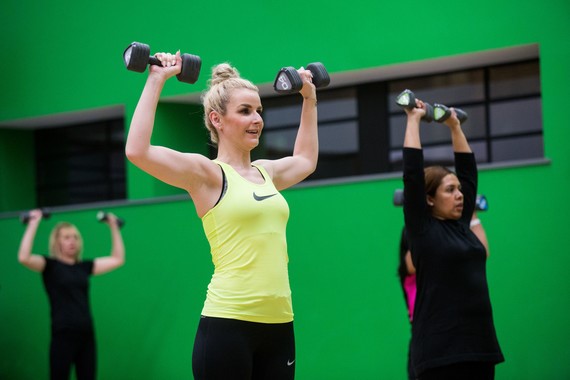
Well being and togetherness events for International Women’s Week
For International Women’s Week from 6 to 12 March, we’re working with our partners to host a week-long programme of community activities to celebrate cultural wellbeing and togetherness.
Activities include netball tournaments, badminton, football, aerobics, body conditioning, swimming, virtual wellbeing sessions, self-defence, and more.
Register and join in >

Did you know……
Yoga for Carers – March 23rd 2.30pm to 4pm at London Buddhist Centre
The Academy has commissioned Breathing Space to deliver a much-requested taster session on Yoga for Carers to aid their wellbeing. It takes place at the Buddhist Centre and did you know that yoga can support your wellbeing in the following ways?
Yoga improves strength, balance, and flexibility. …
Yoga helps with back pain relief. …
Yoga can ease arthritis symptoms. …
Yoga benefits heart health. …
Yoga relaxes you, to help you sleep better.
Learn some basic poses to help the body to stretch and release. Open to all levels of experience, including complete beginners.
We have 12 places, and you can only reserve your place by emailing tony@ccth.org.uk

Check out a new free course that has just been launched that focuses on carer wellbeing. It is called ‘Physical activity for health and wellbeing in the caring role’ and has been kindly endorsed by the Carers Trust. The course is 6 hours in length and learners can achieve a ‘badge’ on completion of the end quiz, and this can be added on a CV to evidence their learning/continuous professional development. We hope that it will be helpful to those working with carers, including carer centre staff, those supporting carers less formally and importantly carers themselves!
A carers guide to home fire safety
A new video resource has been launched on the London Fire Brigade website to help carers learn how to keep people that receive care safe from fire.
Sadly, around one third of those here who die or are severely injured by fire are in receipt of some form of care or support. If you are a formal (domiciliary care worker, support worker or clinician) or informal carer (family member, friend or neighbour) and are caring for someone in their own home, this new resource will help you identify fire risks and show you what you can do to reduce them. There is also more information available on the website around fire safety and prevention.
Watch the video >
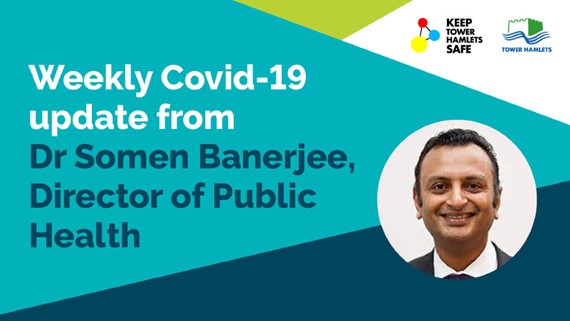
Covid-19 in Tower Hamlets
Read the latest update on Covid-19 from our Director of Public Health, Dr Somen Banerjee, including changes announced this week on removing restrictions and living with Covid-19. The update also covers important information around rates of Covid-19 in Tower Hamlets at present and steps we should all take to stay safe.
Please note that with the government removing all covid-19 restrictions, people who have tested positive after 23 February will no longer be able to make a Test and Trace Support Payment claim. If you were contacted before 23 February, you can still claim within 42 days of receiving your notification. No claims will be accepted after 6 April 2022.
Read the update >

ELOP’s LGBT+ Groups
Join our fun, friendly and non-judgemental safe space to meet new people and discuss LGBT+ topics!
LGBT+ Over 50 Social Group
Every Monday 1.00 – 2.30pm, online
LGBT+ Social Support Group
Every Tuesday 7.00 – 8.30pm, online
Stonewall – https://www.stonewall.org.uk/
LONDON Friend – https://londonfriend.org.uk/
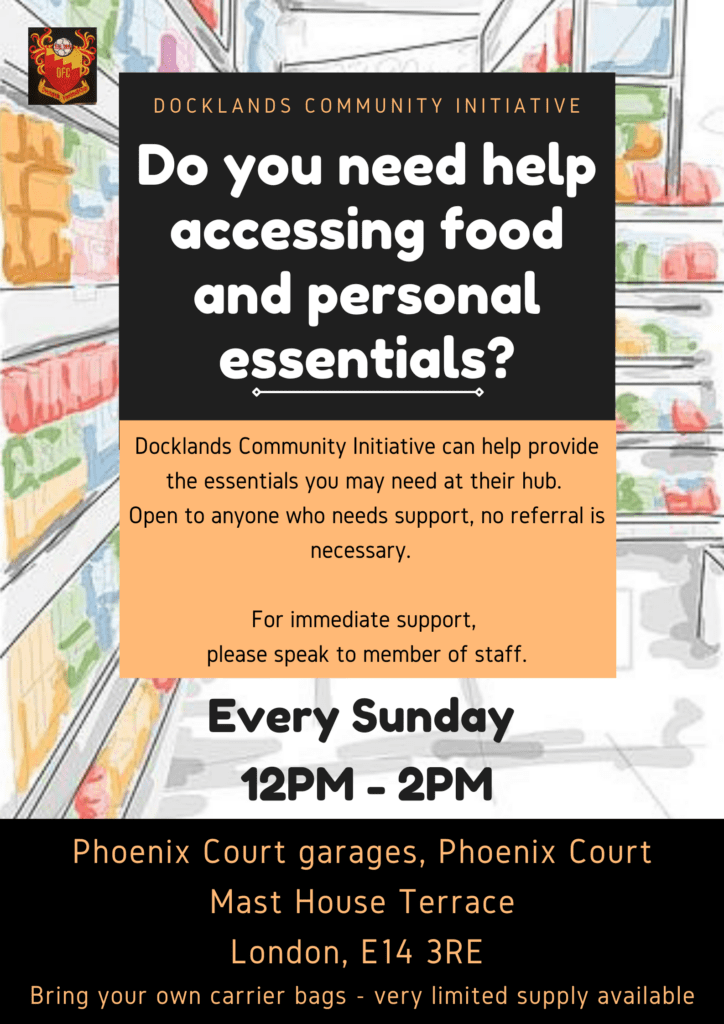
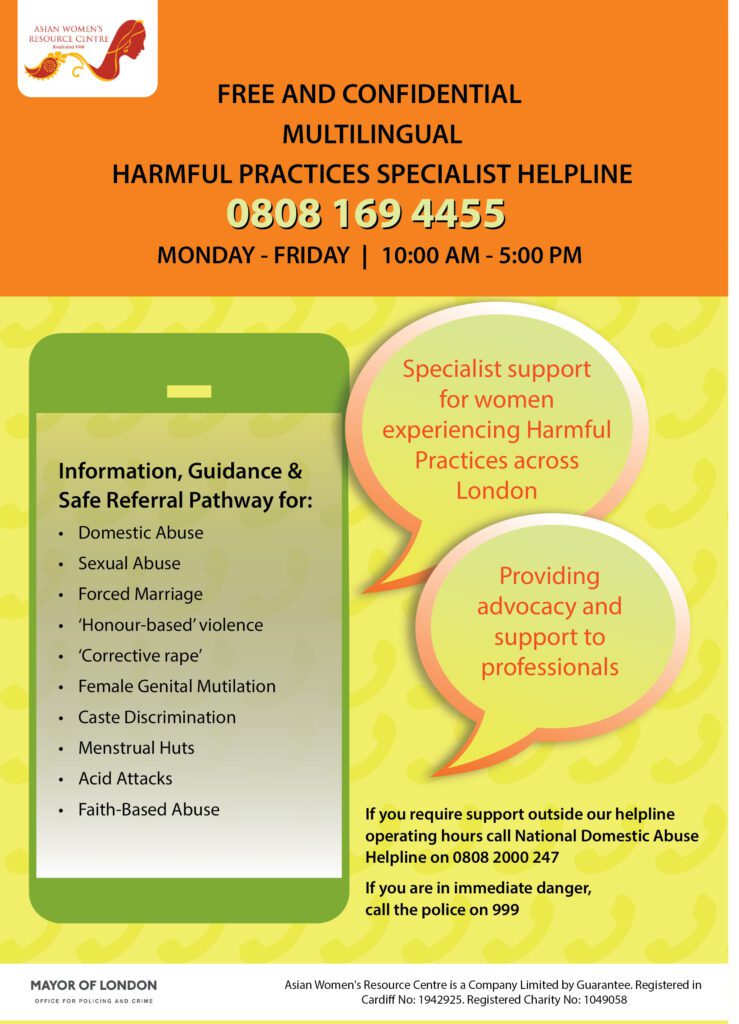
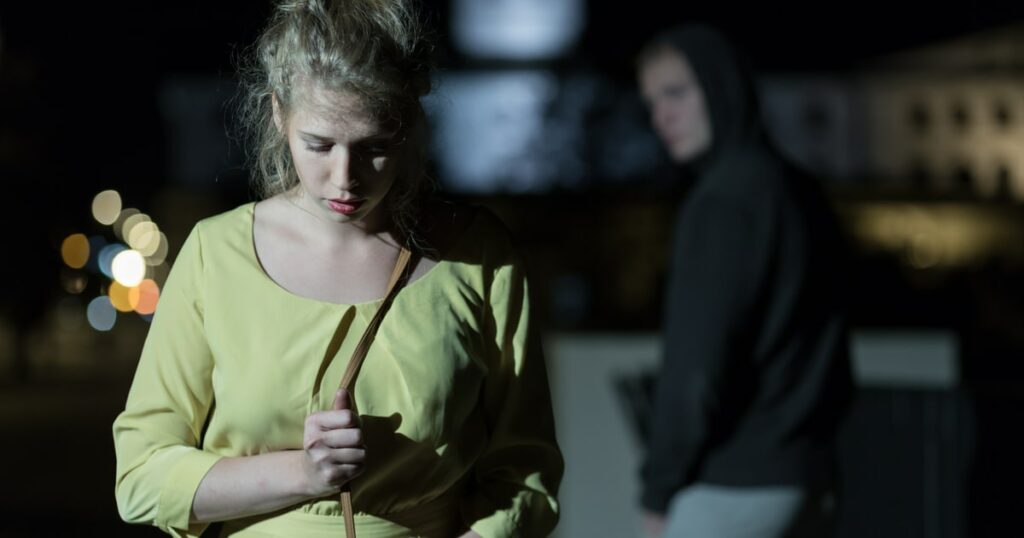
WALKING ALONE? REMEMBER THESE 10 TIPS
1) Plan Your Route
Make sure you plan your route ahead of time. If you are walking in an area you are not familiar with, this can help keep you from getting lost. You will be able to walk with confidence. If you do get lost, don’t wander aimlessly, find a gas station, supermarket, or fast-food restaurant where you can ask for directions.
2) Make Sure Someone Else Knows Your Plans
Don’t go out when it is dark without telling someone, even if you are just taking the dogs out for a walk around your neighbourhood or walking home from a friend’s house nearby. It may seem paranoid, but in fact, knowing someone knows where you are can be reassuring and help you feel safe. If you fall and hurt yourself or run into trouble, and someone knows where you are, they can send help if you don’t arrive at your destination on time.
3) Always Carry Your Phone with You
Always carry your phone, but not for music or to make social calls as your walk. Your phone can be a lifeline if you see something suspicious or worse if something happens to you. Download a safety app on your phone, so you’ll be able to discreetly alert the authorities if you feel threatened or see something suspicious.
4) Avoid Suspicious People and Areas
Areas that are dark, deserted, or out-of-the-way, such as an alley or a parking lot, can be riskier than a well-lit area full of people. Stick to busy, lighted paths, to minimize the risks. Also, walk mainly in familiar places where you are known. That way, if you feel like a suspicious person is following you, you can always duck into a store you know or knock on a neighbour’s door. Avoid empty streets and pathways with thick shrubbery.
5) Keep Your Hands Free
Except for a flashlight and one of the items discussed below, keep your hands free. If you are carrying anything, put it all in one bag or backpack. This will make it easier for you to react if you notice someone following you. In a dangerous situation, carrying too many bags can keep you from moving as quickly as you can if your hands are free or if you only have one bag.
6) Carry a Non-Violent Deterrent
In addition to a flashlight, carry a non-violent deterrent such as a whistle, mace, or pepper spray. A whistle will help you alert others and call them to aid you if something is wrong. The loud noise may put off attackers, and they’ll move on to find someone else. Mace or pepper spray can give you enough time to evade a potential attacker, and in a pinch, a flashlight can be used as a weapon. Make sure you know how to use the mace or pepper spray to get its full effect.
7) Wear Reflective Clothing to Prevent Accidents
When it comes to personal safety, it’s not just about suspicious people. Areas with low visibility can be prone to accidents. Reflective clothing allows bikers and cars to see you as you walk along. A flashlight or headlight can also help drivers see you if there are dark stretches of road on your route.
8) Take a Self-Defence Class
When fighting off something as an assault, the element of surprise can work in your favour. If you regularly walk alone, take a self-defence class. You don’t have to become a black belt. In fact, it’s probably better to learn something like Krav Maga, which has been popular for self-defence. The idea is to disable your attacker enough for you to get to safety, and a class focused on self-defence will help give you those survival skills.
9) Remove Any Distractions
Keep your phone in your hand in case you need to hit the panic button on your safety app, but don’t let it distract you. When walking alone at night for exercise, music can be motivating and energizing but also distracting. You may not hear someone driving or walking up behind you. Avoid wearing headphones or talking on your phone as you walk.
10) Trust Your Gut
When walking alone at night, trust your gut. If you feel like an area or situation may be dangerous, don’t wait around to find out. Stop and scan your surroundings if you think someone is following you. If you are being followed, walk as quickly as you can to a well-lit public place. You can wait until you feel safe, or call a friend, a taxi, or an Uber to help you get safely get home at night.
Following these personal safety tips will help keep you stay safe when walking alone. Always be aware of where you are and alert to suspicious activity.

REMINDER TO CARERS
If you still need PPE for you and your loved one then Tower Hamlets are still providing PPE for Carers.
Collection and delivery is on Wednesday only from Mulberry Place, 5 Clove Crescent, E14 2BG. Carers can call or email Ayeda directly 0n 07366977103 or ayeda@ccth.org.uk to order.

Important Numbers:
Domestic Violence Duty Line: 020 7364 4986 between 9am – 5pm.Victim Support: 020 7364 2448/7957
Just wishing everyone a peaceful, safe and week and remember if you need information and advice from the Carers Centre just email enquiries@ccth.org.uk
Tony Collins-Moore
Carers Academy Manager

Opening hours
Monday - Friday – 9.30am – 5pm
Saturday and Sunday – Closed
